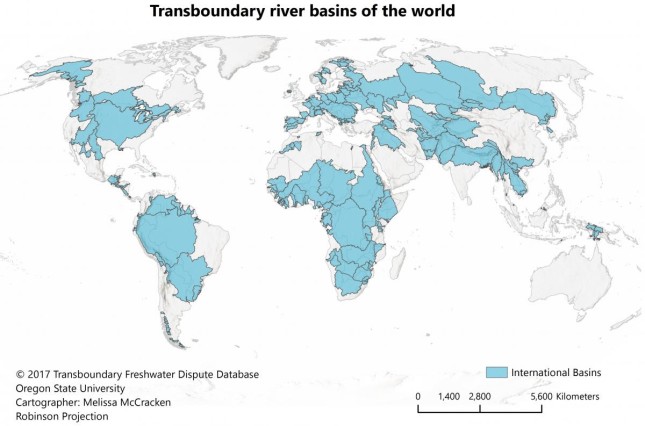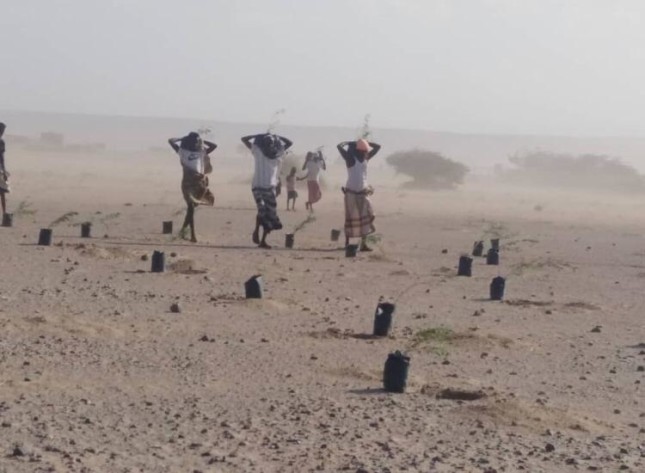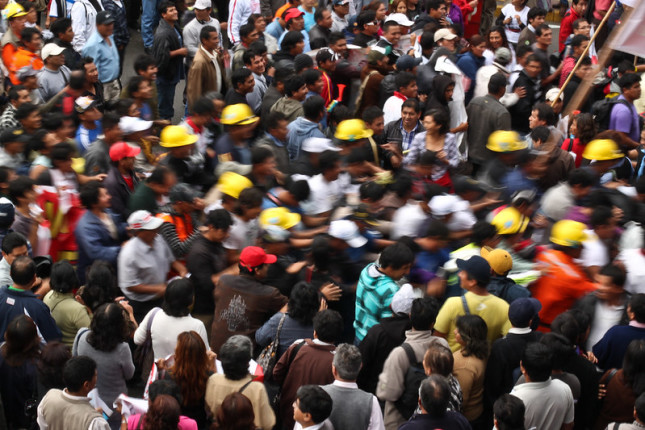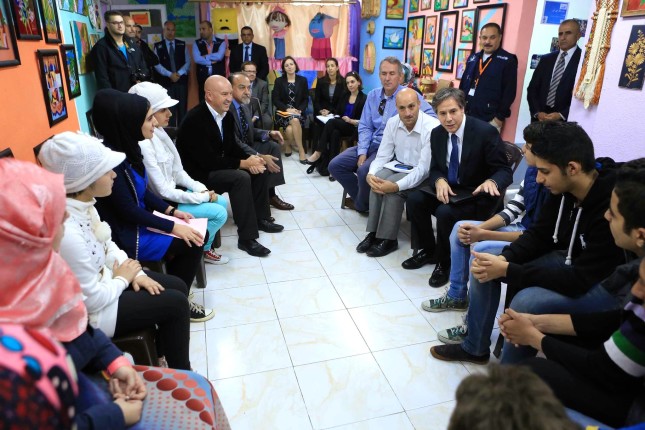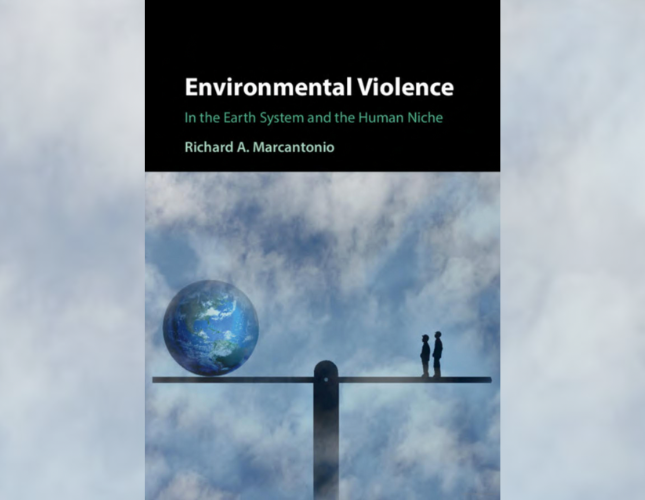-
The UN Water Conference and Latin American Transboundary Waters: A Case for Better Governance
›
In recent decades, the international system has undergone profound changes—especially in terms of the types of threats that destabilize international peace and security. As new threats emerge, a focus on new dimensions of the concept of security is now reaching the top of the international agenda. In this context, the global freshwater crisis is beginning to be perceived as an existential threat to states requiring extraordinary measures to alleviate or solve the problem.
-
Tracking Conflict and Cooperation Over the World’s International Freshwater Resources
›Guest Contributor // March 20, 2023 // By Alexandra Caplan, Melissa McCracken, Susanne Schmeier, Zoe Rosenblum & Aaron Wolf
Waters that cross international political borders can drive the countries that share them to conflict—or encourage cooperation between them. Indeed, since the 1940s, overall trends point to a tendency for countries to cooperate over shared water resources, which stands in stark contrast to media portrayals of “water wars.”
Yet instances of conflict over water have increased slightly since 2000. Why? Most of them are fueled by water quantity disputes or the unilateral development of dams or other infrastructure. Institutions often play a key role in facilitating cooperation (and reducing conflict) over shared waters, but their growth and adoption have slowed over the last two to three decades.
-
Gravity and Hope in Environmental Peacebuilding: Two Young Leaders Share Their Stories
› In today’s episode of the New Security Broadcast, ECSP’s Claire Doyle partnered with Elsa Barron at the Center for Climate and Security for a conversation with two young leaders who are working to tackle climate change and build peace: Christianne Zakour and Hassan Mowlid Yasin. Christianne is a volunteer with UNEP’s Major Group for Children and Youth and Hassan is co-founder of the Somali Greenpeace Association. On the episode, Christianne and Hassan share about the climate, equity, and conflict issues that motivate their work and describe how they think we can make progress towards a livable future for all.
In today’s episode of the New Security Broadcast, ECSP’s Claire Doyle partnered with Elsa Barron at the Center for Climate and Security for a conversation with two young leaders who are working to tackle climate change and build peace: Christianne Zakour and Hassan Mowlid Yasin. Christianne is a volunteer with UNEP’s Major Group for Children and Youth and Hassan is co-founder of the Somali Greenpeace Association. On the episode, Christianne and Hassan share about the climate, equity, and conflict issues that motivate their work and describe how they think we can make progress towards a livable future for all. -
Climate Security in The Horn: Crafting a Broader Role for Non-State Actors in IGAD
›
The Horn of Africa now faces an unprecedented drought, with conditions not seen in the last 40 years. The implications of this looming catastrophe reach beyond the most recent severe drought periods in the region, which occurred in 2010 and 2011 and again in 2016 and 2017.
As of November 2022, over 36 million people in the Horn were affected by drought, including 24.1 million in Ethiopia, 7.8 million in Somalia, and 4.2 million in Kenya. More than 20 million children in Djibouti, Ethiopia, Kenya, and Somalia need immediate water and food assistance. In addition, nearly 1 million pregnant and lactating women are acutely malnourished. Since mid-2021, more than 9.5 million livestock have perished in the region due to a lack of water, starvation, and disease.
-
Conflict and Copper
›Guest Contributor // February 13, 2023 // By Morgan Bazilian, Aaron Malone & Eliseo Zeballos ZeballosGlobal demand for copper has climbed dramatically in recent years, a trend that is likely to continue apace. Peru is the world’s second largest producer of copper. Yet the clamor for copper is an opportunity that the nation is unable to seize upon at present. Peru is now undergoing severe political upheaval and protests that have brought new attention to the underlying risks in extractive industries and supply chains. Production cuts stemming from protests and blockades could amount to 3 percent of global copper output.
-
Diversity, Equity, Cities: Reshaping Foreign Affairs for a New Era
›
One can see—and feel—tides shifting significantly on numerous fronts across the globe, especially in the area of climate security. Opportunities and challenges abound—especially for urban communities.
But are those who shape and carry out U.S. foreign policy ready for these extraordinary changes? And how can the growing movement to integrate diversity, equity, inclusion, and accessibility (DEIA) become vital in U.S. foreign affairs?
-
Environmental Management: A Critical Tool for Environmental Peacebuilding
›
On July 28, 2022 the United Nations General Assembly (UNGA) voted—by a count of 161 in favor, with 8 abstentions — that living in a clean, healthy, and sustainable environment is a human right. Building on the similar declaration by the UN Human Rights Council in October 2021, the UNGA has now reinforced the notion that the growing assaults on human health through environmental hazards are transgressions against the basic rights and freedoms of people.
-
One Earth, one security space: from the 1972 Stockholm Conference to Stockholm+50 and beyond
›The 1972 United Nations Conference on the Human Environment marked a watershed in world environmental politics. Gathered in Stockholm, Sweden, the international community collectively recognized that the technologies and economic models that enable modern development were also driving unsustainable environmental degradation, compromising the vital natural systems on which human well-being depends.
Showing posts from category environmental peacemaking.


